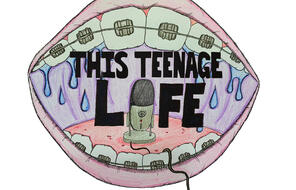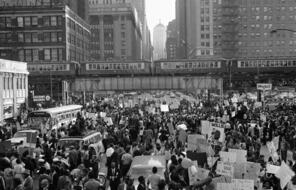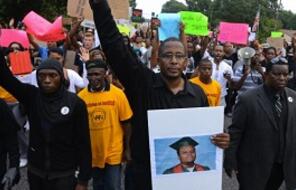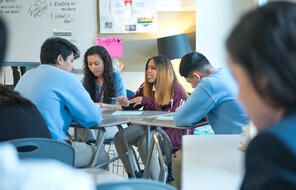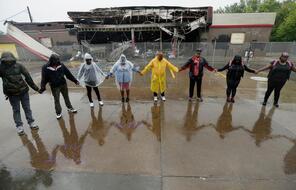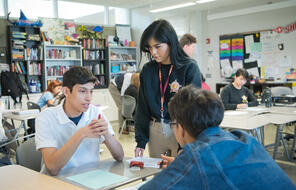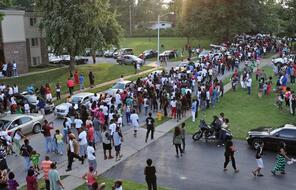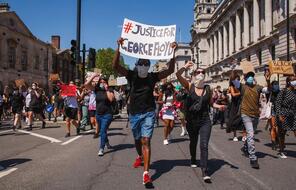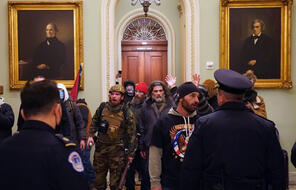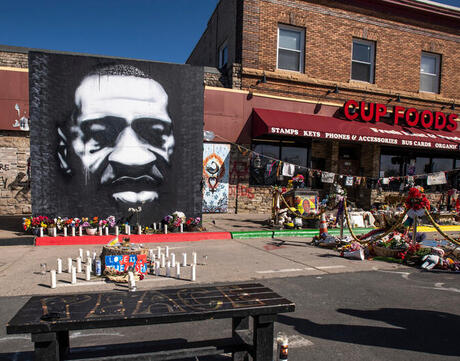
Accountability, Justice, and Healing after Derek Chauvin's Trial
At a Glance
Language
English — USSubject
- Civics & Citizenship
- History
- Social Studies
Grade
6–12- Racism
Overview
About This Mini-Lesson
On April 20, 2021, former Minneapolis police officer Derek Chauvin was found guilty of murder and manslaughter. Almost a year before, while on duty, Chauvin killed George Floyd, a 46-year-old Black man, by kneeling on his neck for over nine minutes. George Floyd’s death sparked massive protests across the United States—and around the world. Floyd’s death and Chauvin’s trial amplified the demands for justice and healing in response to racial bias in policing, the disproportionate use of excessive force against Black Americans, and more broadly, the history of racial injustice in the United States.
This Mini-Lesson is designed to help guide an initial class discussion on the verdict in Derek Chauvin’s trial. The activities below prompt students to explore the complicated concepts of justice, accountability, and healing, while supporting them to process their feelings before engaging in a deeper study of policing and the legacy of racial injustice.
Preparing to Teach
A Note to Teachers
Before teaching this mini-lesson, please review the following information to help guide your preparation process.
Activities
Activities
The activities below will help students process their thoughts and feelings in the aftermath of the police killing of George Floyd and the Derek Chauvin trial verdict.
Note: You may want to begin your conversation by revisiting your classroom contract, or use our Contracting teaching strategy to establish one.
Unlimited Access to Learning. More Added Every Month.
Facing History & Ourselves is designed for educators who want to help students explore identity, think critically, grow emotionally, act ethically, and participate in civic life. It’s hard work, so we’ve developed some go-to professional learning opportunities to help you along the way.
Exploring ELA Text Selection with Julia Torres
On-Demand
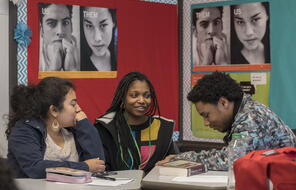
Working for Justice, Equity and Civic Agency in Our Schools: A Conversation with Clint Smith
On-Demand
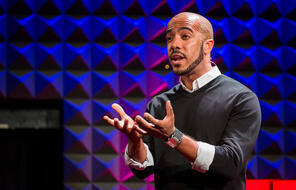
Centering Student Voices to Build Community and Agency
On-Demand
